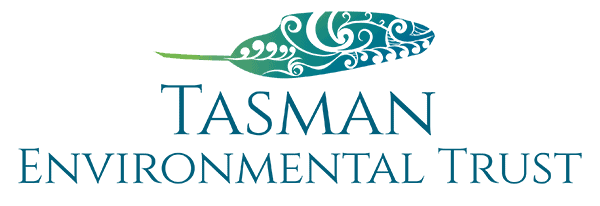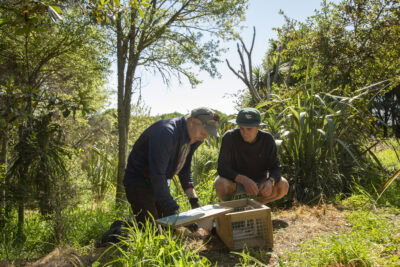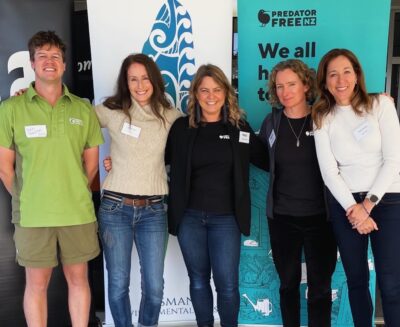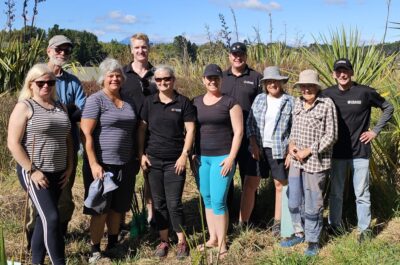In an era where environmental concerns are at the forefront of global discussion, local initiatives are crucial in nurturing community-driven conservation. To strengthen networks of conservation groups, the Predator Free New Zealand Trust (PFNZ) and Tasman Environmental Trust (TET) are piloting a new ‘Predator Free Activator’ role here in Nelson Tasman.
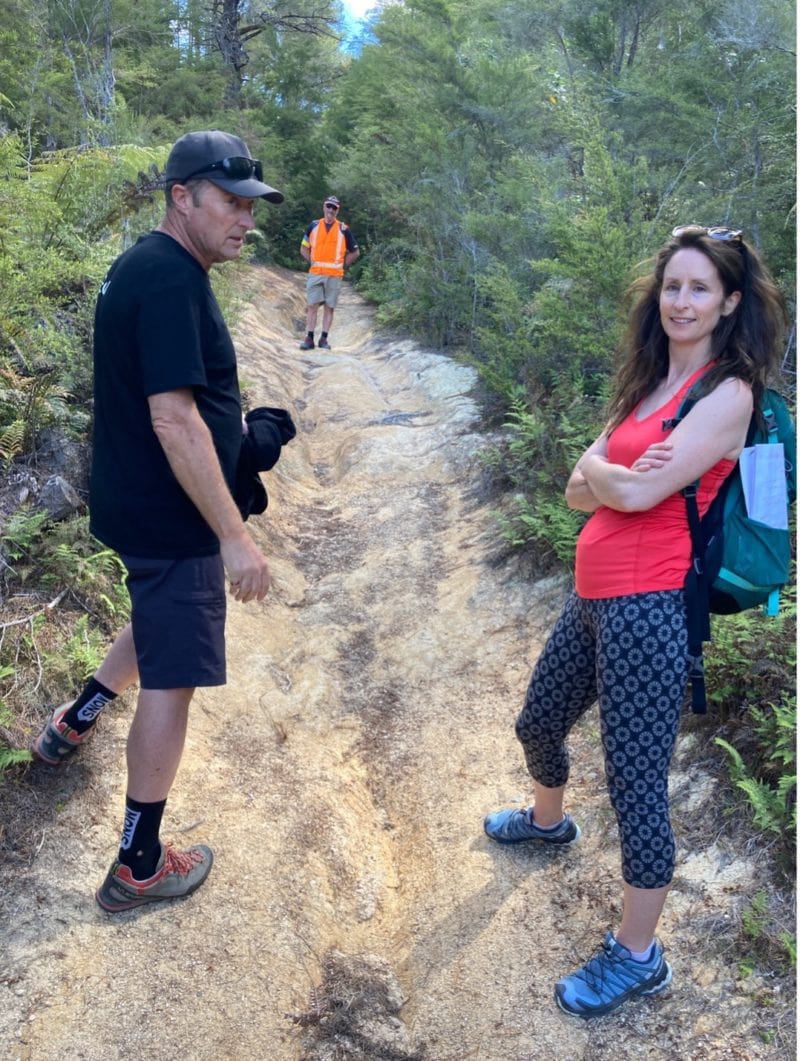
The role itself revolves around fostering a sense of community and connectivity among existing groups, propelling them beyond isolated efforts and towards a collective movement. By being a catalyst for shared knowledge and collaboration, the Predator Free Activator enables these groups to thrive, preventing burnout and ensuring the sustainability of their conservation efforts.
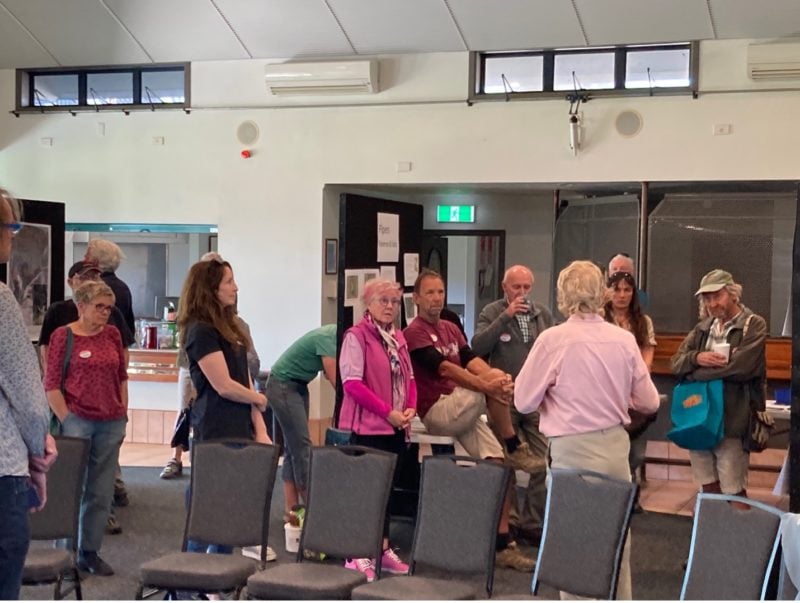
‘This is part of a bigger picture, and we want to learn from this first year, says PFNZ project lead Bridget McSherry. We want to learn what does and doesn’t work, strengthen it and explore more funding options.’
This region has been lucky enough to secure the expertise of Predator Free Activator Elaine Asquith. Elaine is a long-time member of the TET whānau and has a wealth of experience in conservation, predator control and community engagement.
‘There’s quite a bit of buzz going on, but some groups need more resources, connection and support around event organisation’, Says Elaine.
Elaine’s excitement about the project is palpable. She already sees conservation work’s profound impact on both the environment and the individuals involved. Beyond the tangible benefits for biodiversity, the initiative has the potential to provide a source of mental and social wellbeing while fostering a sense of purpose, kinship, and camaraderie among volunteers.
‘Time spent in nature has been proven to have positive effects on wellbeing. In addition to supporting the health of the environment, conservation work also brings great health benefits. The gains are significant on all fronts.’, Says Elaine.
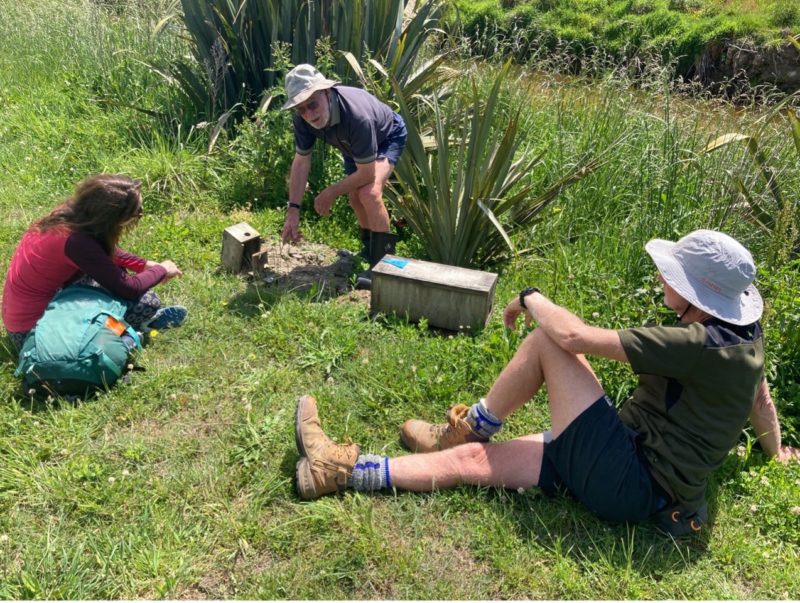
By instilling a sense of empowerment and agency, the Predator Free Activator initiative aims to prove that every individual can contribute meaningfully to the preservation of our natural heritage.
PFNZ’s Bridget McSherry says the initiative has been well received.
‘We’ve been blown away by how open everyone’s been to the scheme. People are really keen to share ideas, resources and expertise to get the job done. So many groups are working independently towards a common goal. Elaine is sticking all those pieces together.’
Through events and collaborations, Elaine hopes to foster a robust network of conservation enthusiasts, allowing groups to come together and identify and address each other’s needs. The hope is that if the project’s first year is successful, the activator scheme can be rolled out Nationwide, giving more groups the opportunity to effect significant and lasting change in the national conservation arena.
Recognising the limited resources for community engagement and a growing need for cohesive support within community groups, the Department of Conservation (DOC) has championed this pilot scheme, providing funding for the Waikato, Canterbury, and Nelson Tasman regions for one year.
